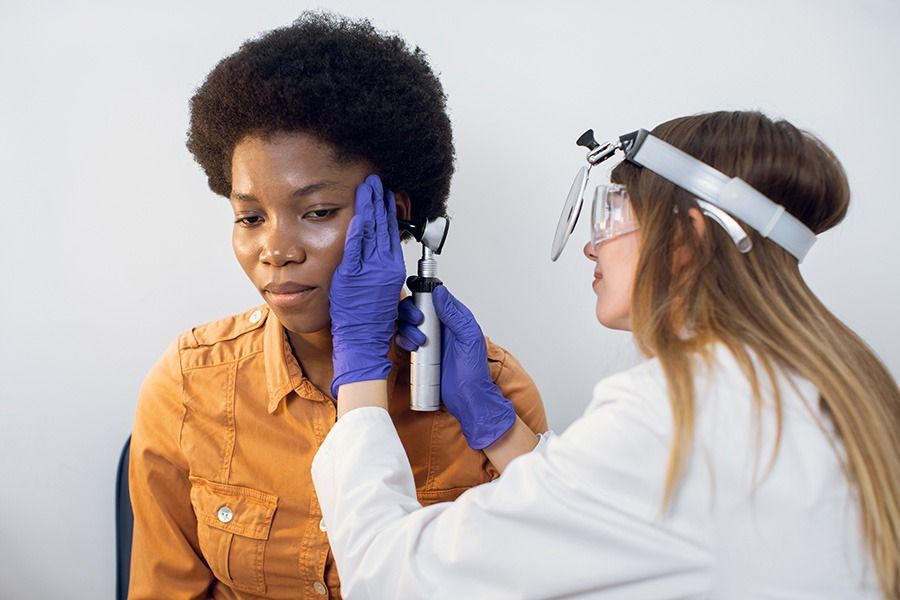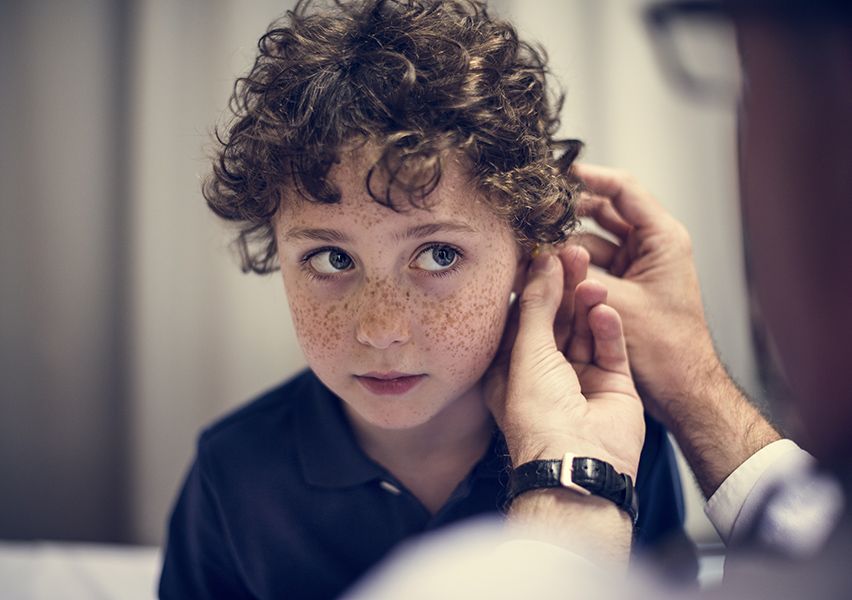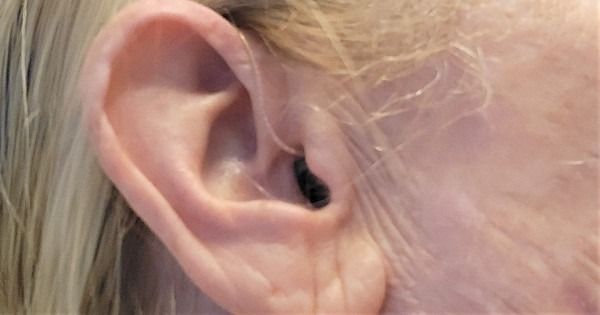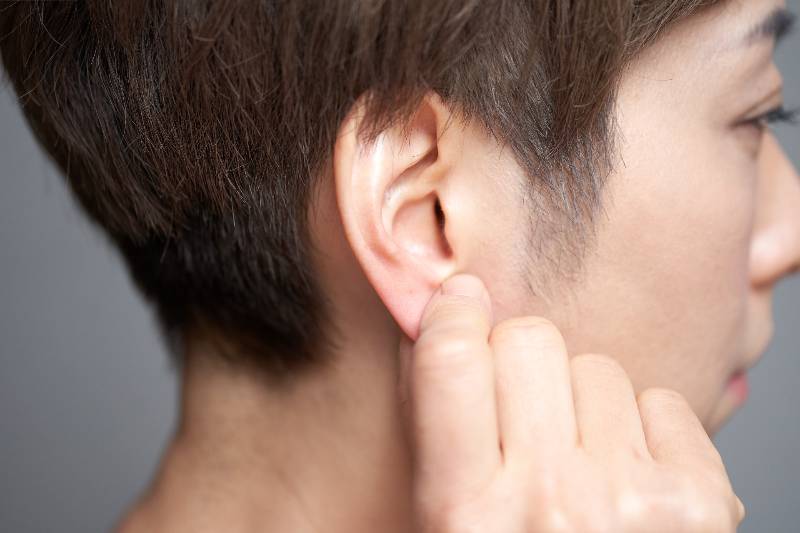Introduction
In the technologically-advanced world we live in, mobile apps are revolutionizing our approach to healthcare management and understanding. Among these, hearing assessment apps have emerged as a handy, easy-to-use resource for evaluating our hearing capabilities. These apps, available on various platforms such as Android and iPhone, have significantly risen in demand. This article will review some of the top free hearing test apps, taking into consideration their user-friendliness, accuracy, extra features, and user feedback.
Mimi Hearing Test (iOS and Android)
Mimi Hearing Test distinguishes itself through its compatibility with Apple Health and a sleek, intuitive interface. The app conducts an extensive hearing assessment, ultimately providing a ‘hearing age’—a straightforward metric to grasp one’s auditory abilities. Nevertheless, some users have noted the test could be overly sensitive to environmental noise.
uHear (iOS and Android)
uHear presents three test variants—a hearing sensitivity test, a speech in noise test, and a daily hearing situation questionnaire. When combined, these tests offer a well-rounded appraisal of one’s auditory capabilities. However, it has been pointed out by some users that the instructions could be more explicit, especially for those less tech-savvy.
Lipo-Flavonoid Plus, Tinnitus Relief for Ringing Ears
Considered the most effective over-the-counter solution by ENTs, this product comes highly recommended by doctors for reducing ear ringing. Its effectiveness has been acknowledged and trusted by medical professionals in the field.
Please note that exposure to heat or sunlight may cause melting or damage to the product. To ensure the product’s integrity, customers are advised to be present during the delivery process.
Formulated with a natural lemon bioflavonoid complex, this product contains a rich blend of essential vitamins and nutrients such as Vitamins C, B1, B2, B6, B12, Calcium, Choline Bitartrate, Inositol, Niacin, and Pantothenic Acid. These ingredients provide vital nutritional support for the inner ear, making it beneficial for individuals with tinnitus and Meniere’s syndrome.
HearWHO (Android) Spearheaded by the World Health Organization,
HearWHO permits users to frequently monitor their hearing and trace changes over time. While the app garners appreciation for its straightforward usage and credibility stemming from its parent organization, it does not offer as extensive a feature set as some of its competitors.
Phonak Leo – Interactive Stories (iOS)
Primarily aimed at children, Phonak Leo employs interactive stories to assess hearing capabilities, making the hearing test a more immersive experience for young users. It’s vibrant and enjoyable but might not offer the comprehensive detail needed by adults seeking an in-depth hearing analysis.
Decibel X (iOS and Android)
Decibel X differs in that it’s not a hearing test app per se, but a noise meter that helps users identify possibly damaging noise levels in their surroundings. It acts as a preventive measure, and while it’s highly accurate and professional-grade, it does not offer personalized hearing tests.
Comparison of the Apps
| App Name | Platforms | Key Features | Pros | Cons |
|---|---|---|---|---|
| Mimi Hearing Test | iOS, Android | ‘Hearing age’ score, Apple Health integration | User-friendly interface, Comprehensive test | Sensitive to background noise |
| uHear | iOS, Android | Hearing sensitivity test, Speech in noise test, Daily hearing situation questionnaire | Comprehensive hearing evaluation | Instructions could be clearer |
| HearWHO | Android | Regular hearing checks, Hearing tracking | Easy to use, Credible source (WHO) | Limited features |
| Phonak Leo – Interactive Stories | iOS | Interactive story-based hearing tests | Engaging for children | Not detailed enough for adults |
| Decibel X | iOS, Android | Environmental noise level meter | Accurate, Professional-grade | Not a personalized hearing test |
Can I Create a Personal Profile Using the App?
Usually, hearing aids are configured by an audiologist or a hearing healthcare expert using specialized software and tools during an in-person consultation. This procedure ensures an accurate adjustment based on the person’s unique hearing loss profile and personal listening needs.
The Mimi Hearing Test allows users to create a personal hearing profile, which could potentially be referred to when programming hearing aids. However, this should not be considered a substitute for a professional hearing test. It’s also important to note that some contemporary hearing aids offer user adjustments through their respective apps, granting wearers the ability to fine-tune settings within the parameters set by their audiologist.
The programming of hearing aids is an intricate process that takes into account not only the pure-tone audiogram (the usual output of a hearing test) but also the individual’s subjective experiences and preferences, the nature and configuration of their hearing loss, their speech understanding abilities, among others. The process often requires multiple appointments for adjustments to ensure the hearing aids function optimally.
Technological advancements continue to evolve, and it is plausible that future apps capable of programming hearing aids directly may be developed. Please refer to the most recent updates or consult with a healthcare professional for the most up-to-date information.
Conclusion
Free hearing test apps serve as a valuable resource for routinely monitoring your hearing health and can be particularly beneficial for individuals who may not have instant access to audiology services. However, while they provide a handy preliminary assessment, they should not be seen as a substitute for a comprehensive evaluation by a hearing professional, particularly if you have concerns about your hearing health.
Keep in mind that these apps perform optimally in a quiet environment and when used with a high-quality pair of headphones. The results can be influenced by your headphones’ quality and the noise level during the test. Always seek advice from a healthcare professional if you suspect you may be experiencing hearing loss.

Thriving with Conductive Hearing Loss: A Guide to Hobbies, Fitness, Socialization, and Relationships
This guide offers strategies for seniors caring for someone with conductive hearing loss, focusing on hobbies, fitness, social events, dating, and music.

Navigating the Sound of Silence: Insights into Living with Conductive Hearing Loss
An in-depth look into the lives of seniors with conductive hearing loss, exploring their challenges and the strategies they use to lead fulfilling live








